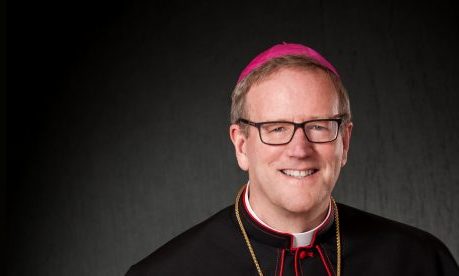This fall I am giving presentations to all of the high school teachers, staff and administrators in the Archdiocese of Los Angeles. These talks take place on an annual basis, and they are dedicated to a regular cycle of topics.
This year, the theme is morality. Lucky me! My guess is that disquisitions on doctrine or Church history or pastoral practice wouldn’t raise too many hackles, but ethics is practically guaranteed to rile people up, especially now when issues of same-sex marriage, transgenderism, and assisted suicide are so present to the public consciousness.
I am not sure whether I’m delighting or disappointing my audiences, but I am not ordering my talks to address these hot-button questions. Indeed, it is my conviction that a good deal of mischief and confusion is caused precisely by characterizing Catholic morality primarily as a matrix for adjudicating such matters.
A purely rational or deductive approach to controversial ethical choices is largely an exercise in missing the point. For to know how to behave as a Christian is a function of knowing, first, who we are as Christians. Understanding how to act is, if I can pun a little, a function of understanding what play we are in.
The great Biblical scholar, N.T. Wright, has said that most of us are like actors who are dressed up for Hamlet, who have memorized all of the right lines from Hamlet, and who thoroughly grasp the thematics of Hamlet. The only problem is that we are in Romeo and Juliet.
Therefore, what I am sharing with the good teachers of the L.A. Archdiocese is largely Christian anthropology, a fancy way of saying the articulation of what play we’re in and what role we’ve been given in that production. Continue reading
- Bishop Robert Barron is the founder of Word on Fire Catholic Ministries and Auxiliary Bishop of the Archdiocese of Los Angeles.
News category: Analysis and Comment.




